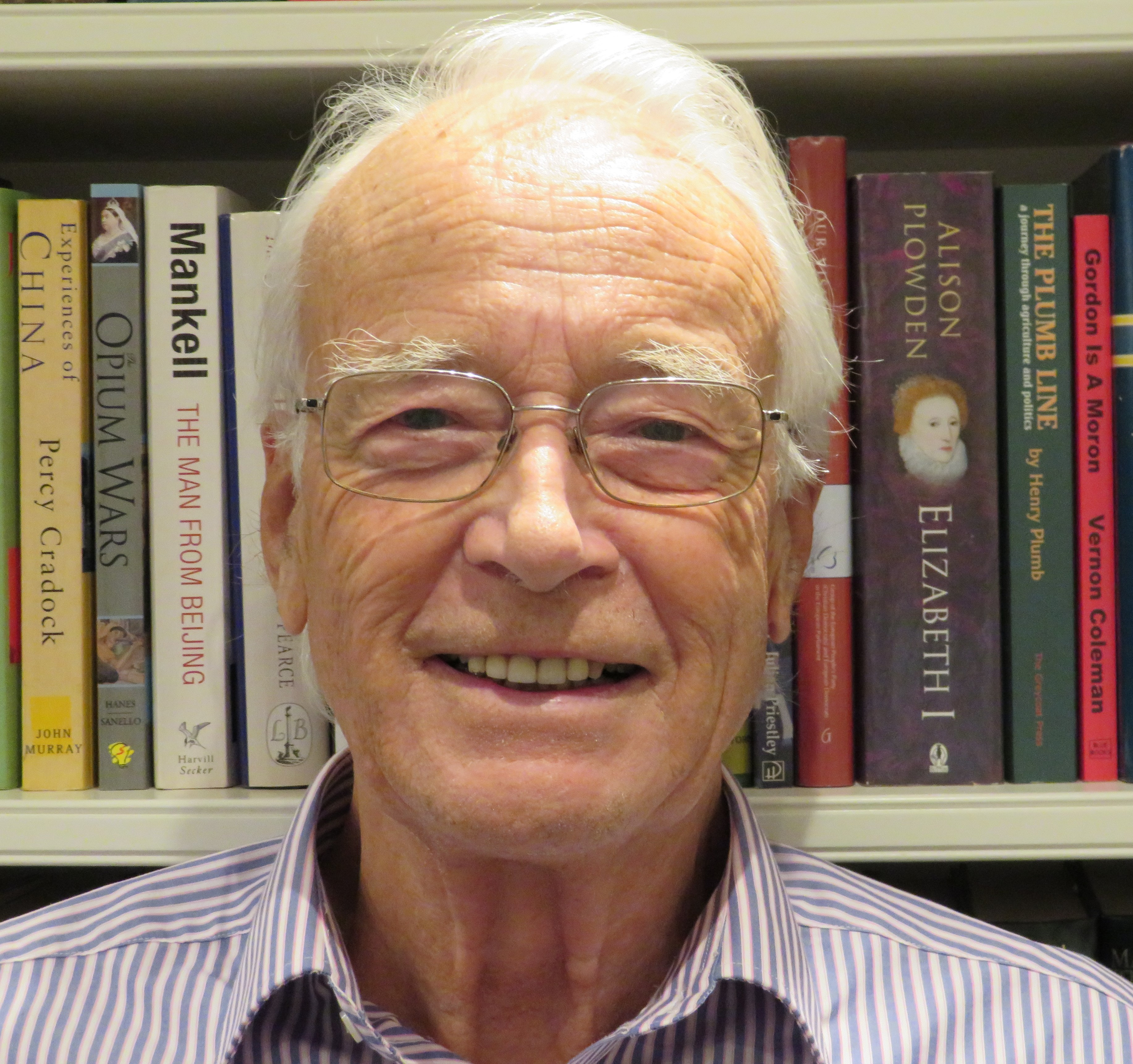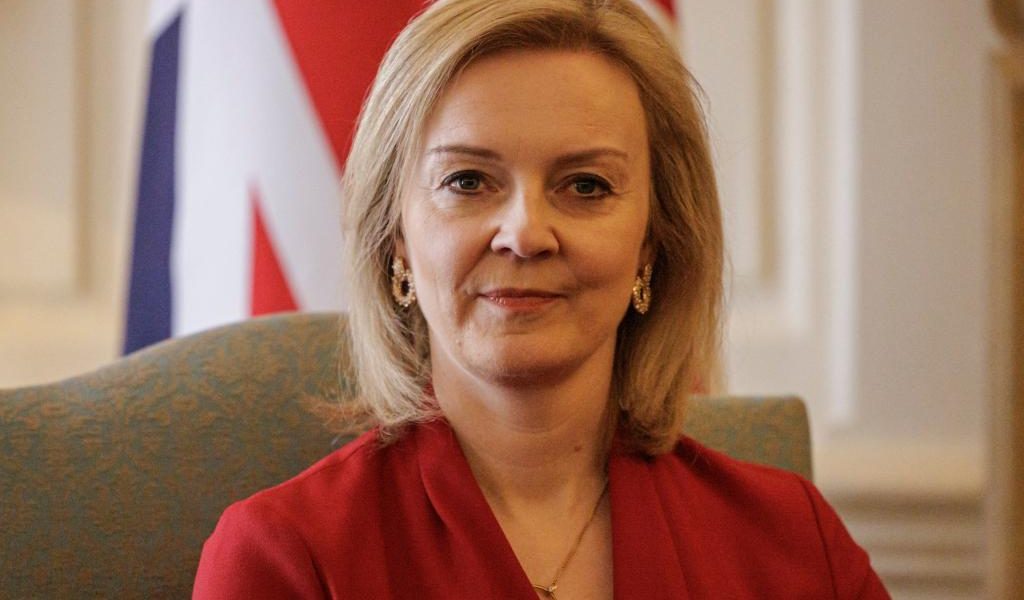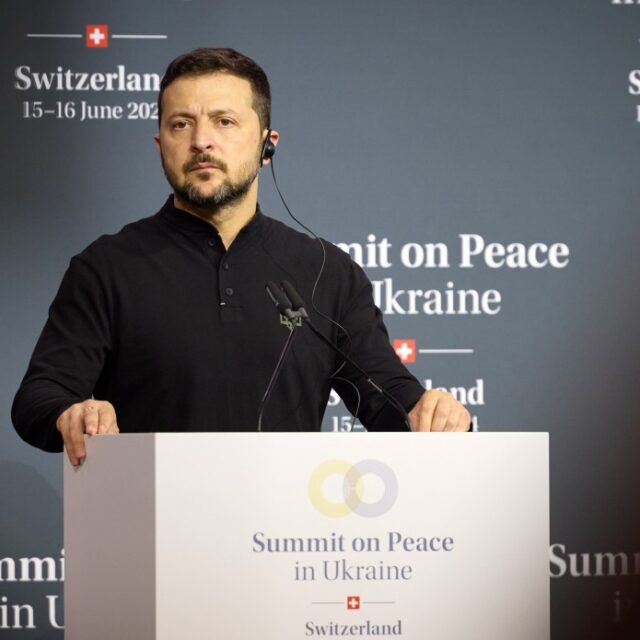One of the many key decisions facing political leaders – especially new ones like Liz Truss – is when and where to make official visits. Some leaders and their choices have been wiser than others, writes Philip Bushill-Matthews.
Recently in the UK there were two state visits in relatively quick succession. In 2015 under David Cameron’s premiership the Queen accorded a full state visit to President Xi of China, including enabling him to address Members of Parliament. Cameron made the proud statement that it was “a real opportunity to deepen our relationship”, and there were hopes and plans for our two trading economies to become much closer. They have since moved dramatically apart.
Within his own Conservative party was a dawning realisation that putting our telecoms systems into the hands of Huawei could mean the very security of the country could be compromised. Chinese involvement in 5G and nuclear power stations to name but two would be rapidly reversed. Time to make a different statement altogether.
The other state visit was for President Trump. This time, though, no address to MPs: Speaker John Bercow decreed it would ‘not be appropriate’. Leader of the Opposition Jeremy Corbyn then decided he could not possibly attend the official State Banquet. He said that “Theresa May should not be rolling out the red carpet for a state visit to honour a President who rips up vital international treaties, backs climate change denial and misogynistic rhetoric.”
State visits are supposed to honour the office of a visiting President and not the person holding that office, but the opportunity to score cheap domestic political points is sometimes too readily grasped by politicians. The full welcome for the President of China compared with the boycotted version of the welcome for our most important ally must have caused great perplexity amongst our remainingfriends across the world.
In 2016 UK Prime Minister Theresa May had been the first leader from any country to visit President Trump in America – within the first seven days of his taking office. This was a shrewd statement by both leaders, deft by Theresa May to secure it and safe for Donald Trump as it enabled him to avoid making a more difficult choice as to who else should be awarded the first slot.
Trump would later make a much riskier decision, to visit President Kim Jong Un in North Korea for the very first time. For Trump it was intended as a positive statement, to position him as the architect of a peaceful denuclearisation of the area but it achieved the precise opposite. It gave Kim the opportunity to strut the world stage in a way he had long craved, while at the same time convincing him that by agreeing to the visit the USA had simplyshown its weakness: this meant he could accelerate his weapons testing programme with impunity.
The lesson is surely that cheap domestic headlines usually have clear consequences elsewhere. The new UK Prime Minister should take note: following her latest ill-considered outburst about France President Macron already has.
The decision for Truss now is which country she should visit first to make an immediate statement about the priorities of her premiership. Clearly she will not choose the EU, and anyway an obvious and very necessary choice is much closer to home.
This is a country whose Leader she criticised relentlessly while on the campaign trail, describing her as attention-seeking and deserving to be ignored – comments which drew prolonged applause from the Tory membership in the audience. Unsurprisingly the Scots reacted very differently: it simply confirmed Conservatives’ complete contempt for Scotland.
To insult and then propose to ignore the democratically elected Leader of a neighbouring country commanding a majority of seats in its national Parliament and committed to a further independence referendum is certainly a statement.
But posturing to one’s own supporters instead of appealing to the whole of the UK risks splitting the Union apart tomorrow for the sake of winning a few cheap votes today. Definitely not statesmanship, and frankly stupid.
Ironically Truss added that she regarded herself as a ‘child of the Union’ within ‘a family of nations which are better off together’ – the same logic she originally applied to staying in the EU when campaigning vigorously for Remain. She also declared she would follow Boris Johnson in taking the title of Minister for the Union. But titles, slogans and soundbites – and insults – are no substitutes for simple statesmanship.
So Truss should not hesitate: she should immediately go to Scotland. She should confirm that while she will be fearless in exposing the failures of the Scottish Government, her relentless priority will be to promote the positive benefits for the Scottish people of remaining within the United Kingdom.
Time to get busy, Lizzie.

The aurhor, Philip Bushill-Matthews, is a former Leader of the British Conservatives in the European Parliament.




